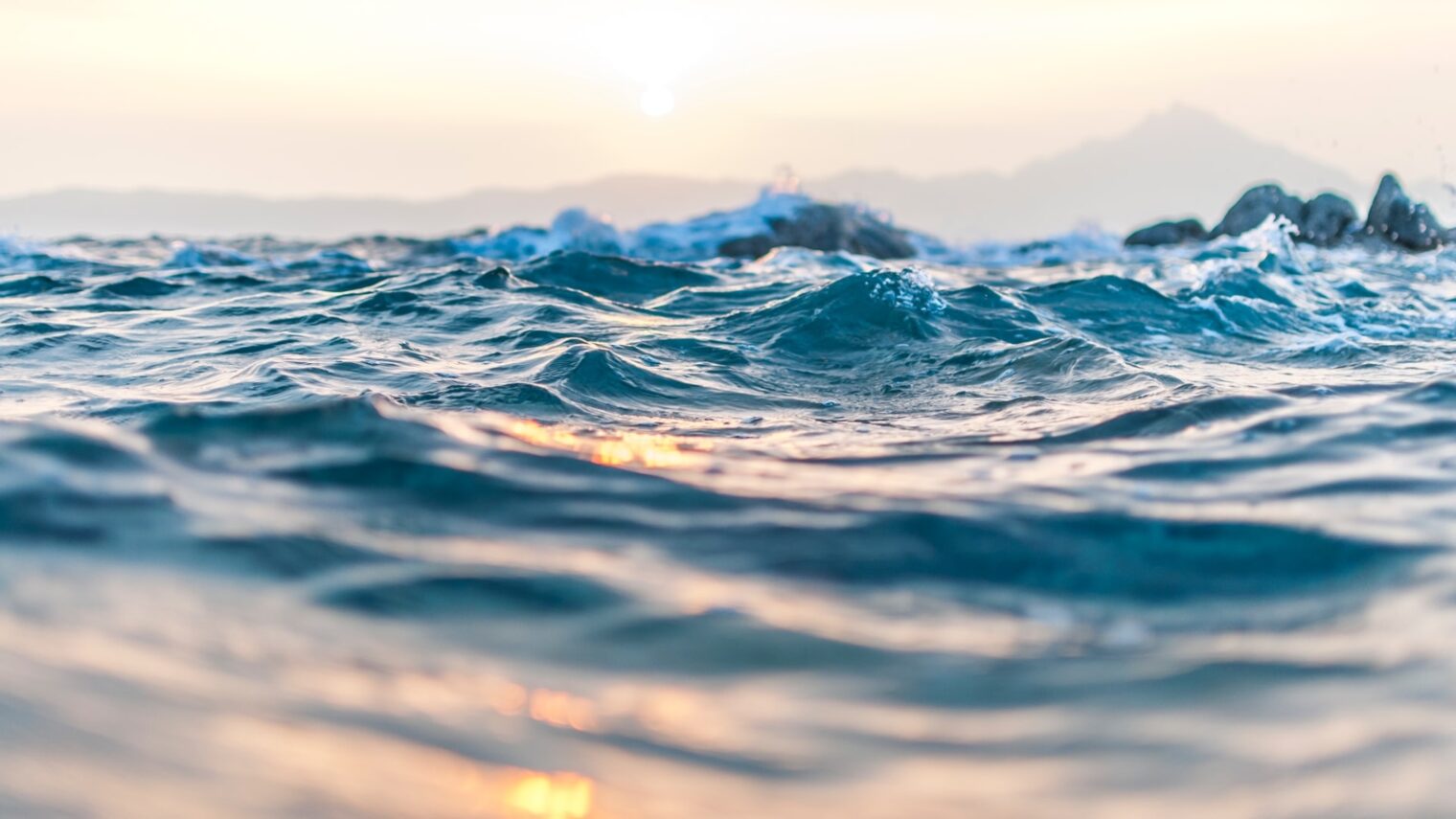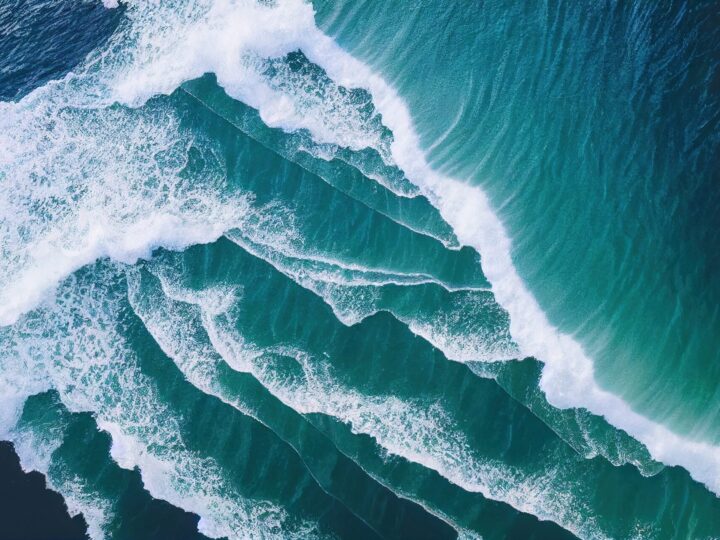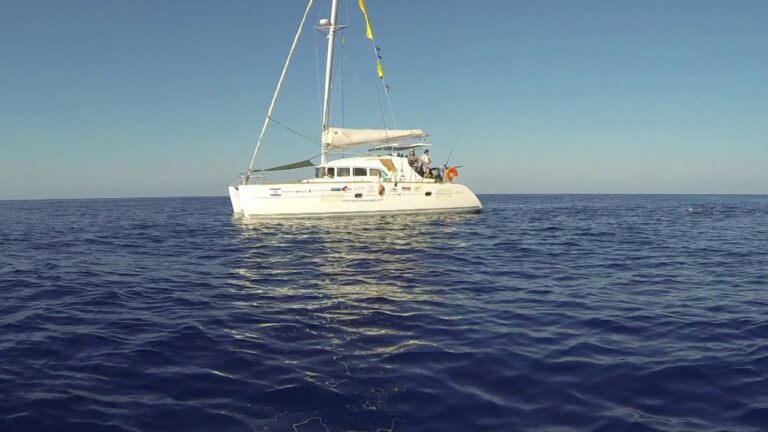The ocean provides.
Every second breath we take contains the oxygen produced by plant life in the top layers of the ocean.
The ocean is not just a critical resource for future global food production and products such as cosmetics, antioxidants and pharmaceuticals.
It is a precondition for human life as we know it. And the ocean is coming to a breaking point.
We all hear about sea-level rise, pollution, saltwater intrusion, ocean acidification, overfishing, habitat loss, impact of tourism and more. It is hard to quantify and rank the import of each of these relative to the others.

However, it doesn’t have to be that way. We can really bring this down to one basic principle: Around the globe, protecting the ocean starts at our coastlines, where the marine, terrestrial and urban environments meet.
When you see or hear about the need to protect the ocean, it may, at first, sound overwhelming and complex and far from your comfortable home. But each and every one of us can act and protect the marine environment by adopting a few simple measures, irrespective of where we live.
Ahead of World Ocean Day on June 8, consider the following actions:
- Use fewer plastic products, especially plastic bags and single-use dishes and cutlery.
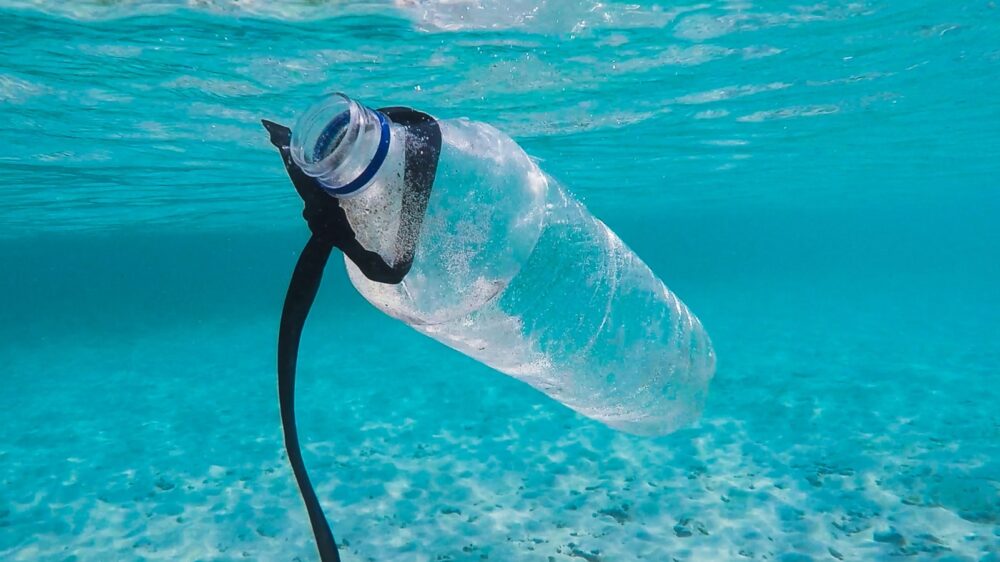
Plastic decomposes over timespans of 1,000 or more years and ends up in all of Earth’s ecosystems, but especially in the ocean. Large plastics turn into small plastics, which turn into microplastics.
Whereas large and small plastics change how the ecosystem functions (think invasive species, for example), microplastic enters the marine food web with disastrous outcomes like lower reproduction and arrested development of marine wildlife.
We humans are also endangered by microplastics. Currently, the average person consumes enough microplastics in a single year to make one credit card.
There are plenty of plastic-free alternatives that are cost effective and easy to obtain.
- Reduce your carbon footprint.
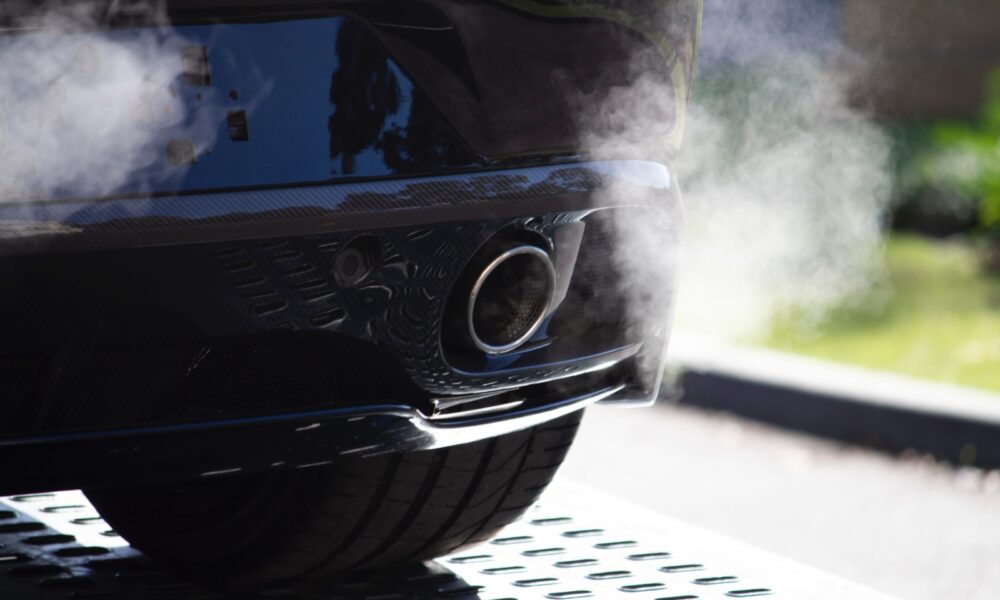
This is simpler than you might imagine. Put on a sweater instead of turning up the heat. In summer, keep your air conditioning at 3 to 5 degrees Celsius below ambient temperature, which is perfectly pleasant.
Switch off lights when you leave the house.
Think twice about stepping in your car for neighborhood errands. There are so many health and climate benefits to a short walk.
Eat locally grown produce (including fish and seafood). Many marine fish species travel 2,500 kilometers or more and thus their carbon footprint is substantial.
Keep in mind that higher energy demand translates into increased carbon dioxide that invades the ocean and threatens coral reefs and other marine wildlife.
- Consume sustainable (wild caught) fish species.
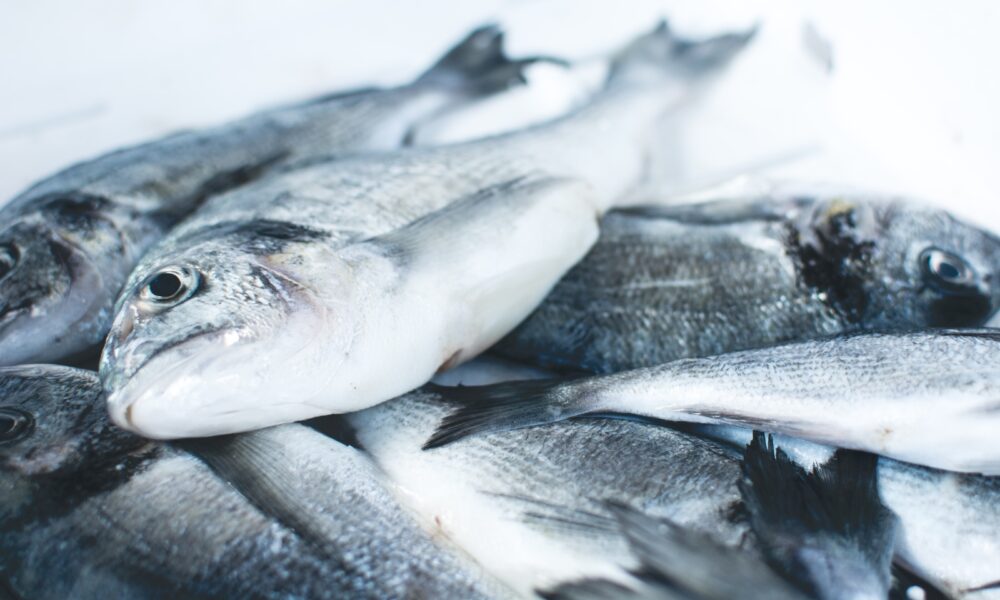
Marine food webs are highly organized and delicate. Overfishing and habitat deterioration endanger many critically important fish species (think tuna, Atlantic cod and others).
Click here to see a list of sustainable fish species and their origin.
In addition, marine aquaculture provides a high-quality alternative to wild-caught fish. Species like seabream (Denis), striped bass, barramundi and red drum are prime examples of domestically grown fish species based on technologies developed in Israel.
- Dispose of cosmetics and antibiotics properly.
Cosmetics, pharmaceuticals and other polluting compounds harm marine wildlife. Many common household items and pharmaceutical drugs need to be disposed of with care (check the product’s label).
When discarded as household waste or flushed down the toilet, these products release endocrine disruptors and antibiotics that will eventually reach the marine environment, where they affect all forms of wildlife — most dramatically, larval life stages.
- Leave the beach clean.
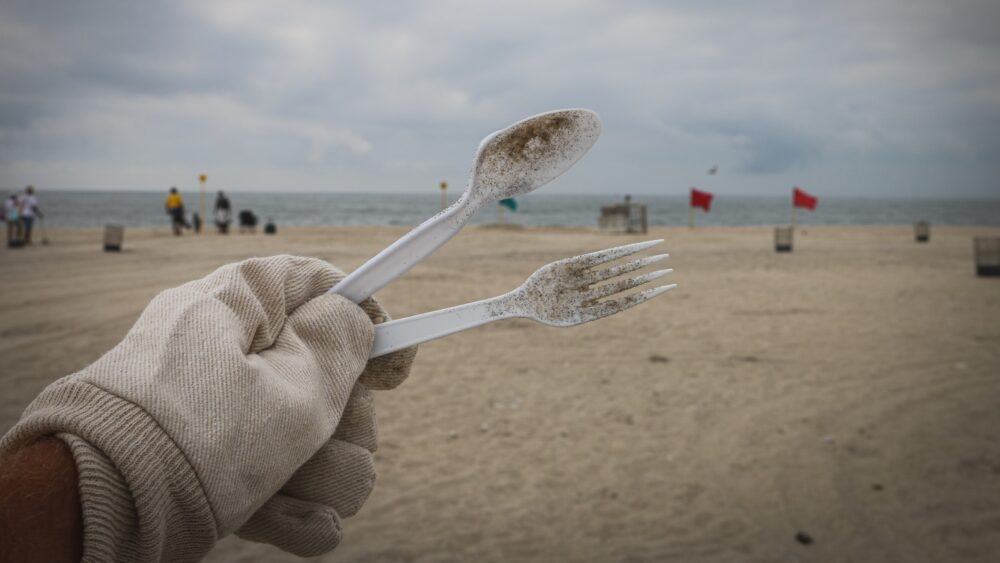
If you get to go to the beach, then by all means enjoy your time to the fullest, but also realize that you share the beach with wildlife, even if you don’t see them during the day.
Sea birds, turtles, crabs and many other species rely on clean beaches to safely forage and thrive when you are not there. It is critical that we all leave the beach in pristine condition and remove all our leftovers and garbage.
- Take a closer look at what is happening above and underwater.
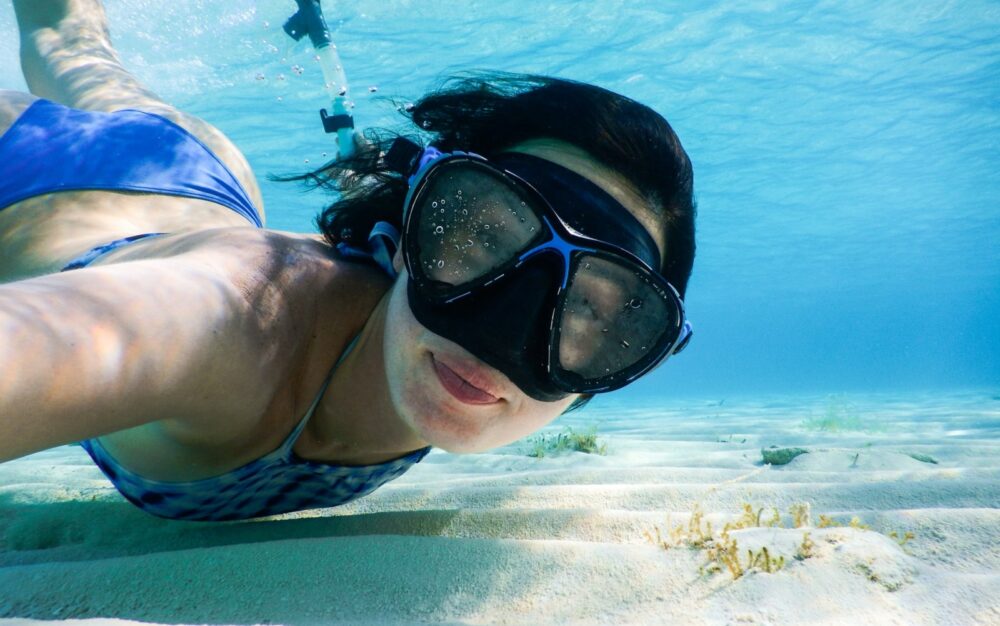
During your beach trip, scan the horizon for dolphins, flying fish, whale species, etc. But also take it one step further by snorkeling or scuba diving. There is no replacement for getting connected to the amazing ecosystems that are hiding on the sea surface.
These activities will make you feel connected to the sea and aware of the need to protect this source of life.
At home, catch some of the endless movies and videos about ocean life on the Discovery channel, YouTube or other platforms, visit an aquarium, and share your experiences with friends and family.
- Become an advocate.
Think about becoming a volunteer for marine conservation issues. If you can’t do that, then be sure to make the environment in general and the ocean in particular a criterion that guides you in how you vote on the local and national level.
Never forget that without a healthy ocean there cannot be healthy life elsewhere!
Prof. Anton Post is executive director of the 50-year-old US-Israel Binational Science Foundation based in Jerusalem. He grew up near the sea in The Netherlands and earned his PhD in the ecology of phytoplankton at the University of Amsterdam. Joining the Hebrew University of Jerusalem in 1987, Post developed molecular tools for studying the microbial food webs of the Red Sea and Eastern Mediterranean. Among other positions that took him to the Pacific and Indian oceans as well as to Antarctic waters, he was executive director of Harbor Branch Oceanographic Institute in Florida before returning to Israel in 2020.




